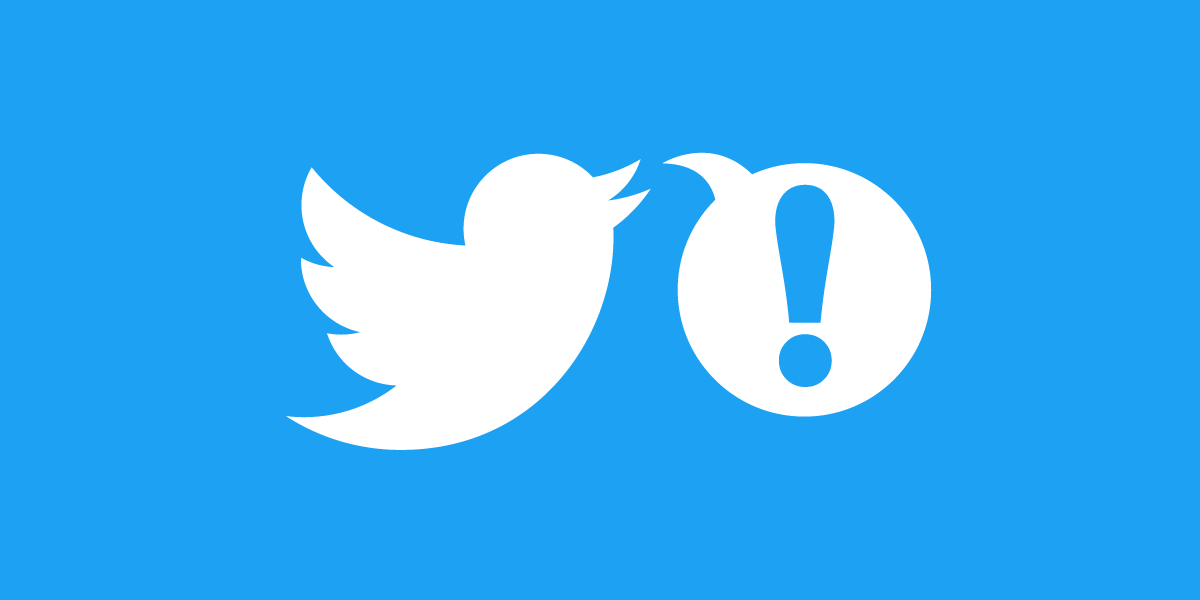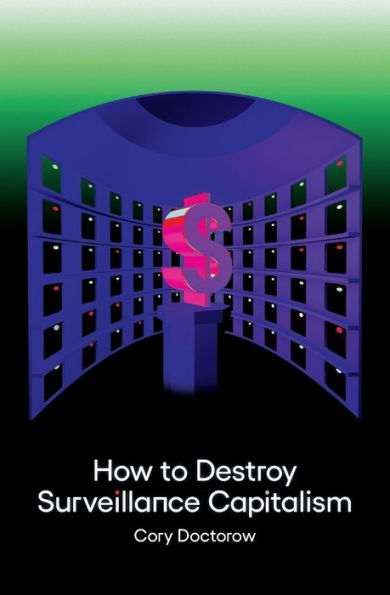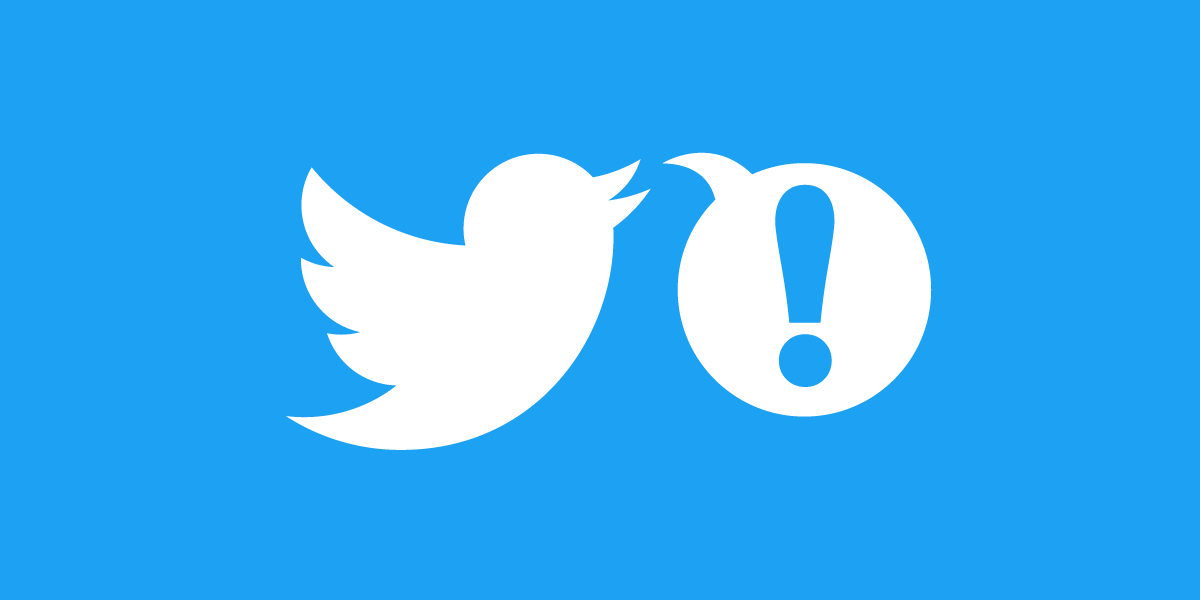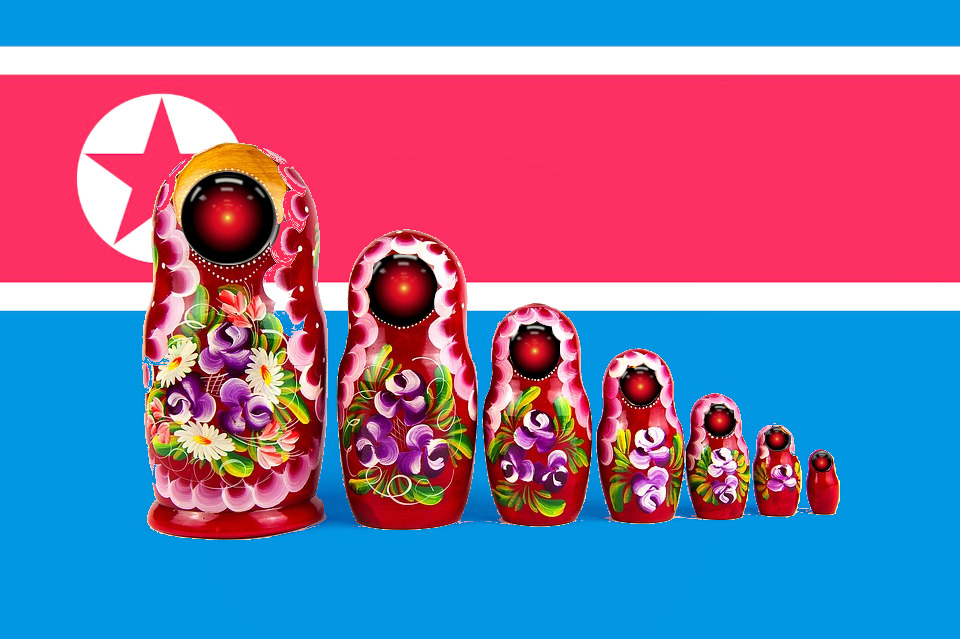
It's been more than a year since @jack announced Project Blue Sky, inspired by @mmasnick's "Protocols, Not Platforms," paper - a critical work explaining how walled gardens can be transformed into open protocols.
knightcolumbia.org/content/protoc…
1/
knightcolumbia.org/content/protoc…
1/

There hasn't been much (visible) progress on Blue Sky since the 2019 announcement, but @Twitter just published an "ecosystem review" analyzing the distributed systems out there as a kind of lay of the land.
matrix.org/_matrix/media/…
2/
matrix.org/_matrix/media/…
2/
The idea of a distributed social media landscape may seem unlikely but consider how heartily sick the public has become with the big platforms' moderation choices (both what they moderate and what they don't).
3/
3/
And also how unlikely it is that the platforms will ever be able to make the kinds of situational calls about acceptable and unacceptable speech for each country, community and context.
eff.org/deeplinks/2021…
4/
eff.org/deeplinks/2021…
4/
Indeed, if things are so dire, why are any of us even sticking around? The problem is:
* Network effects (the more people there are on a platform, the more reason there is to join)
* High switching costs (if you leave, you give up all those people)
5/
* Network effects (the more people there are on a platform, the more reason there is to join)
* High switching costs (if you leave, you give up all those people)
5/
And those lead to:
* Lock in (you don't leave because you don't want to give up everyone else, and they don't leave for the same reason - we're all holding each other hostage)
6/
* Lock in (you don't leave because you don't want to give up everyone else, and they don't leave for the same reason - we're all holding each other hostage)
6/
But there's a way to unwind all of this - break the lock in, lower the switching costs, and undo the network effects.
Think of East Berlin. People who wanted to leave didn't just face The Wall, they also faced permanently abandoning their friends and worldly goods.
7/
Think of East Berlin. People who wanted to leave didn't just face The Wall, they also faced permanently abandoning their friends and worldly goods.
7/
Today, Berliners can hop a train to Paris and scope it out. If they like it, they can move their stuff, and still go back whenever they want. They can call their friends back home and read the German papers.
8/
8/
The low switching costs mean that hundreds of millions - billions - of people have tried another city and settled there, or changed their minds and moved home, or moved to a third city. They have friends come to stay, or go back for the holidays.
9/
9/
Using Facebook - or any walled garden - is like getting trapped in East Berlin. FB legally terrorizes anyone who dares make a tool that creates interoperability between its service any its rivals.
10/
10/
And just like the East German politburo (who said The Wall wasn't to keep its citizens in, but rather to keep envious westerners OUT), Facebook swears it sues these companies to protect its users' privacy (as we all know, FB is a company that really cares about privacy).
11/
11/
There's a lot of energy to fix the big platforms, and this is a laudable goal.
But the reality is that wise kings are few and far between.
We don't just need the platforms to clean up their act, we also need to make it easier for us to leave when they get it wrong.
12/
But the reality is that wise kings are few and far between.
We don't just need the platforms to clean up their act, we also need to make it easier for us to leave when they get it wrong.
12/
Interop will do that - but at a price. The trade-off we make when we decentralize the internet is that we can no longer hope to improve hundreds of millions of peoples' lives just by convincing Zuck or Jack to change their policies.
13/
13/
But honestly, when was the last time you managed to do that?
In a decentralized internet, neither the good nor the bad decisions of the platforms will carry the reach they do now. It will be harder to silence the people whose (legal) speech makes you angry.
14/
In a decentralized internet, neither the good nor the bad decisions of the platforms will carry the reach they do now. It will be harder to silence the people whose (legal) speech makes you angry.
14/
But it will be easier to find a community whose definition of what @neilhimself calls "icky speech" matches your own - and to send messages from there to other communities who have different definitions.
journal.neilgaiman.com/2008/12/why-de…
15/
journal.neilgaiman.com/2008/12/why-de…
15/
Social media companies make errors just like we do - they are made up of fallible people. The problem is that when they screw up, their bad decisions redound to millions - even billions - of lives.
16/
16/
By all means, we should try and make these companies less error prone.
But far more important is to make their errors less consequential.
17/
But far more important is to make their errors less consequential.
17/
As I wrote for @EFF: "Interoperability moves power from corporate board-rooms to tinkerers, co-ops, nonprofits, startups, and the users that they serve."
eof/
eof/
• • •
Missing some Tweet in this thread? You can try to
force a refresh









